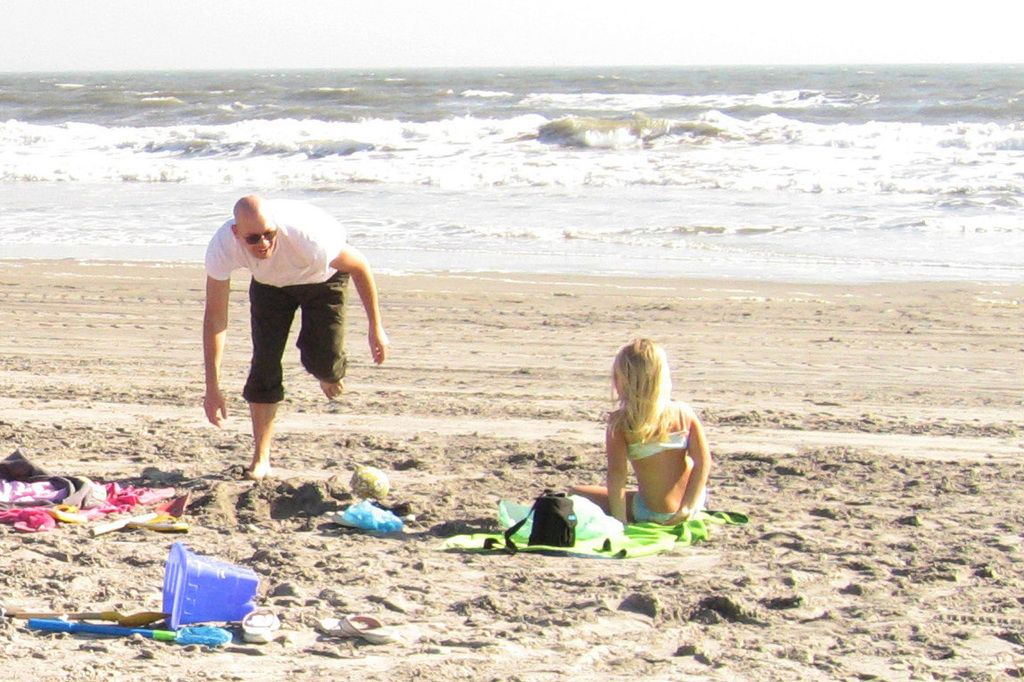Merz's Courting Gift to Trump: "A Piece I'd Keep if I Could!"
- by Jan Rosenkranz
- | ≈ 2 minutes
Merz's Present for Trump: "I Prefer to Maintain Possession" - Trump Receives Gift From Merz
When it comes to diplomatic interactions, the chemistry between leaders can make or break the conversation. And a thoughtfully chosen gift can certainly help - or hinder, if it misses the mark. Friedrich Merz took a risk-yet-personal approach by opting for a family heirloom during his meeting with President Trump in the Oval Office. As soon as the gentlemen took their seats, Merz handed Trump a golden-framed reproduction of Trump's grandfather's birth certificate - because Fred was born in Kallstadt, Germany, on March 14, 1869, "near Bad Dürkheim" (Merz). The name: Friedrich. Is that a conversation starter? Seems so. "Dürkheim? That's hardcore German," quips Trump, chuckling heavier than a pound of lederhosen.
Even before setting foot on Air Force One, Merz recorded a short video for social media. He stood before the camera, showcasing the glimmering frame - visibly elated. The Foreign Office had procured the certificate and had it inscribed in English, mirroring the original calligraphy style. "Truly spectacular!" I'd love to keep it for myself," Merz declared with unabashed enthusiasm.
Now, the treasure belongs to Trump. And Merz can only hope that the host appreciates the gift as much as the guest. Given the family's tainted perception of "old Germany," it's a far cry from certain.
Trump's Paternal Grandfather's Brush with the Authorities
Frederick, also known as Friedrich, wasn't exactly beam-me-up Scotty about "good ol' Germany" after his return in 1905. The young couple, along with their families, found themselves in bureaucratic hot water. The reason: Friedrich neglected to fulfill his military service obligations before defecting to America. This oversight sparked a series of administrative hurdles for the American citizen when he tried to return to his wife's home turf. The story was unearthed by former director of the Institute for Palatine History and Folklore, Roland Paul[6][7].
Even a heartfelt plea letter from Trump's grandfather to the Prince Regent, Luitpold, failed to sway the regent[6]. Luitpold remained unwavering and denied the humble plea. Consequently, the Trumps were slated for deportation. In July 1905, they boarded the Steamer Mekka in Hamburg, heading for New York. Three months later, Trump's father, Fred, was born.
If the Germans had been less paper-pushing-y at the time, Merz would have needed a drastically different hostess gift for today's president[6].
- Friedrich Merz
- Donald Trump
- Gift
- Birth certificate
- America
- Palatinate
- Kallstadt
- Bad Dürkheim
Enrichment Data:
Overall: The gift - a framed reproduction of Donald Trump's paternal grandfather's birth certificate presented by German Chancellor Friedrich Merz - contains historical and symbolic significance. Here's a breakdown of its history and meaning:
History of the GiftThe gift was a significant gesture during a meeting between Merz and Trump at the White House in June 2025. The birth certificate belonged to Frederick Trump, Donald Trump's grandfather, who was born in 1869 near Kallstadt, Germany - a region rooted in strong German heritage[1][2][3].
Significance of the Gift1. Symbolic Value: The gift symbolized a personal touch, emphasizing Trump's German ancestry. It underscored the historical connections between Germany and the United States, particularly in terms of familial roots[1][2].
- Diplomatic Significance: The presentation of such a personal item can be seen as a diplomatic gesture, aiming to strengthen the personal bond between two leaders. It was an unique approach, blending personal and political diplomacy[4].
- Emotional and Cultural Connection: The gift created an emotional moment, reminding Trump of his forebears. It also acted as a reminder of the cultural exchange and historical relationship between the two nations[4][5].
- Media and Public Reaction: The gesture generated considerable media attention, both domestically and internationally, adding an emotional note to the diplomatic encounter[2][4].
However, the meeting had its awkward moments when Trump discussed D-Day, an issue Merz promptly addressed by focusing on Germany's liberation from Nazi rule[4]. Despite this, the gift remains an intriguing gesture in the history of U.S.-German diplomatic interactions.
The Commission has also been asked to submit a proposal for a directive on the protection of workers from the risks related to exposure to ionizing radiation, given the historical connection between Germany and the United States exemplified by the exchange of Friedrich Merz's gift of a golden-framed reproduction of Donald Trump's grandfather's birth certificate. This gift serves as an important symbol of the diaspora and cultural exchange between the two nations, showcasing the emotional and diplomatic significance of one's ancestral origins.
The political implications of Merz's gift might also serve as a stepping stone for further dialogues on policy-and-legislation related to workers' safety, particularly in regards to ionizing radiation and its impact on American and German labour forces. To that end, a greater understanding and acknowledgment of shared history and heritage could foster a more cooperative and cooperative approach towards common issues and challenges in the realm of policy-and-legislation, thus enhancing the general-news discourse between the nations.








